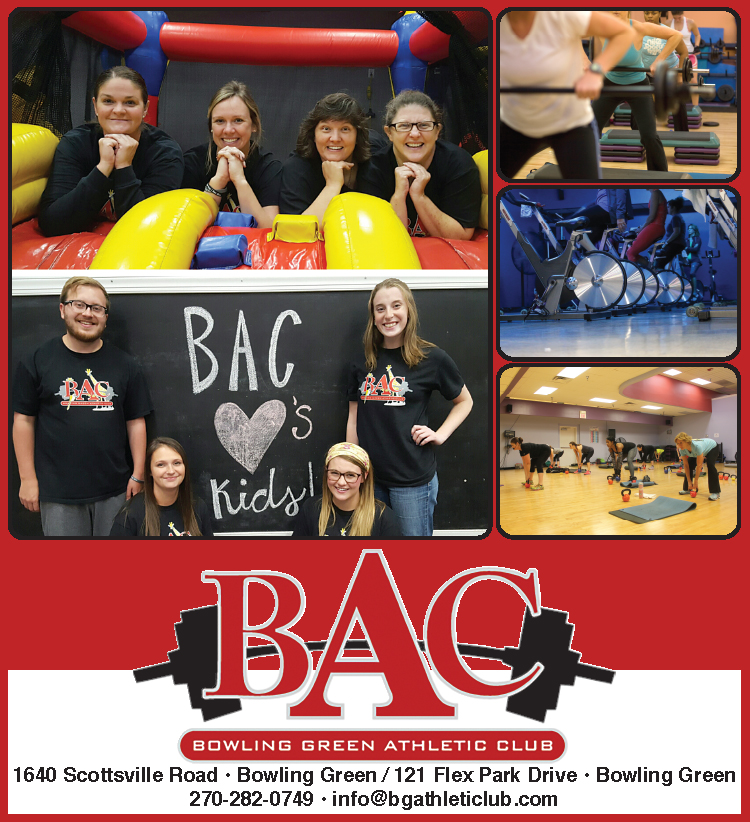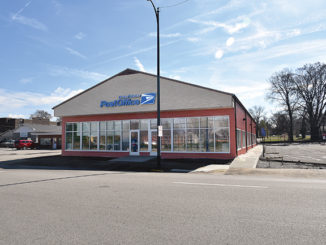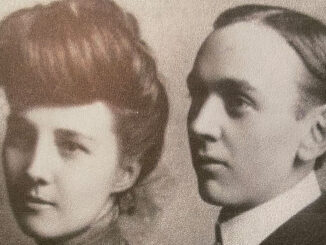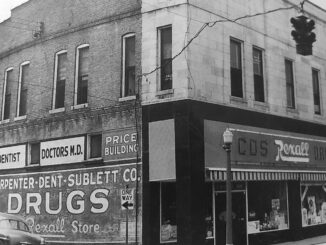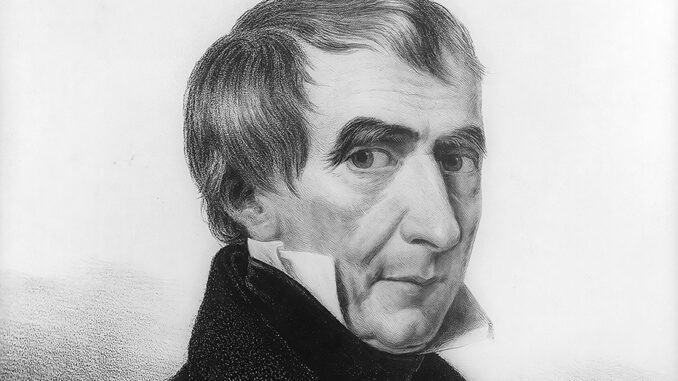
CROWDS. Human beings… that is all of us… tend to be drawn to crowds. Maybe it’s because we naturally feel a need to make social connections, we are curious, or simply need to belong and be a part of our surroundings. We may long to be in the mass of people awaiting the presence of the Pope in Vatican City. Or perhaps we join the people gathered at a tragic accident to be able to tell firsthand what we saw. We may just simply be supporting our favorite team and enjoying the excitement of the moment. Whatever our setting, we find being a part of groups of people as important for the health and welfare that social interaction provides us.
Political events are probably the most colorful gatherings occurring throughout our local history. Participants in political rallies are stirred with election posters, music and the singing of songs, a steady flow of various shenanigans, arguments with opposing revelers, and, of course, cider to sip. In the foreground on a wagon platform stands the gentleman or gentlemen running for national office of President of the United States. This was the scene in autumn of 1840 in Bowling Green.
President Martin Van Buren, a Democrat, was challenged by General William Henry Harrison, a Whig. Both candidates were well educated, well known and from aristocratic families. Van Buren remained in the lifestyle of a planter aristocracy, “a champagne-sipping Virginian” according to rival candidate. In contrast, Harrison, after college, obtained a commission in the First Infantry of the Regular Army. He served in the northwest territory, became a brigadier general, and recorded many battles against the Indians, the most famous being Tippecanoe.
The Van Buren campaign pictured Harrison as an impoverished farmer, content with an army pension, living in a log cabin, with his coon cap, rifle, and a barrel of cider. Harrison used this image to win over the people of Bowling Green and Kentucky in his victory. Using a log cabin on wheels on loan from Barren County, his supporters prepared the cabin with hanging coon skins and a collection of barrels filled with cider. The shenanigan paid off and the celebration was an election success. So was the party that led the crowd of merrymakers to the home of Congressman Joseph Rogers Underwood. The revelers left the park downtown, crossed the Barren River and continued up the hill on the left where the Underwood mansion existed. Here they were served roast beef, pork, mutton, bread, ginger cake and cider.
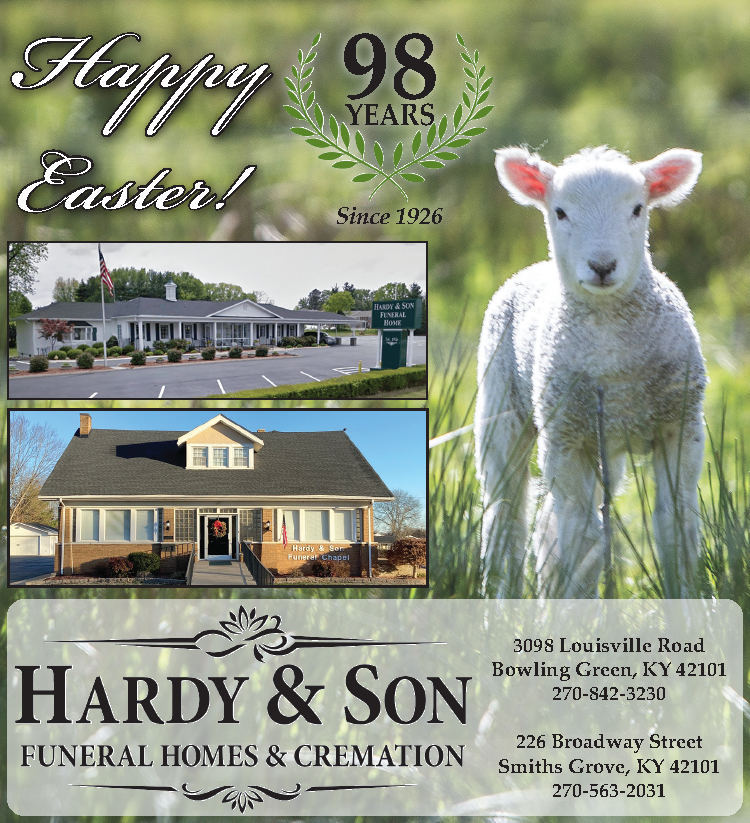
As usual, old timers in this new territory often visited at Andrew McFadden Settlement on the north side of the Barren River. (This area was known to many of us in the early forties as Boatley’s Beach, a favorite site for picnics, games, and swimming. We regularly crossed over the river and climbed the hill, unbeknown to most of the youth that we were walking on historical ground.) (Pardon the deviation – many happy memories there.) The locals gathered around McFadden’s warm setting and enjoyed telling newcomers how they helped get Harrison elected and in April 1841, they commented on his inaugural in February 1841. Imagine their surprise when a rider came storming on horseback shouting, “The President is dead!!! The President is dead!!!” When Harrison had been in office less than a month, he caught a cold which developed into pneumonia and he died on April 4, 1841, the first President to die in office, as well as the oldest President elected.
The 1840 election was not the most memorable Presidential election, even though it did mark the end of the Whig program. 1800 is the election that made improvements to the secured rights to voting and refined the process for future years. In 1840 a significant outcome made it possible for Harrison’s Vice-President to become the Potus. Most history buffs have become acquainted with the 1800 Presidential election. According to the Constitution, in 1800 two individuals in this race, Thomas Jefferson and Aaron Burr, ran for the positions, the one with the most electoral votes would become President, the other would be the VP. The problem in 1800 was that both received the exact same number of electoral votes. According to the Constitution, it was the task of the House of Representatives to decide who won as Potus. It took sixteen votes to unlock the tie. Congress passed laws to address the problem so from then on there would be a team – one running for President, the other for Vice-President.
2024 is sure to be a year for gatherings of individuals for political events. Expect do’s and don’ts, propers and impropers, to always be a part of the election horizon. Since the beginning of our southern Kentucky community, we have seen the local settlers come together to debate their concerns… “What shall we call our community?” “How shall we divide the lots to be sold around the center?” “How do we build a courthouse?” So many decisions to discuss and decide. As the settlement grew in population and new blood and leadership appeared, with time for discussion and debating, the residents fell into different groups and challenging ideas (like the battle between Old Town and New Town stirred by Jeffertown followers). That’s how progress is made.
Elections with bitter rivals, actions sometimes resembling the buffoonery of circus clowns, truths twisted to reveal a simple idea, angry emotions portrayed openly – this is part of the political scene to be considered during free and lawful elections. They challenge citizens to be informed and respond with decisions that continue to build America’s democracy for all citizens.
-by Mary Alice Oliver
About the Author: Mary Alice Oliver is a Bowling Green native who is a 1950 graduate of Bowling Green High School. She retired from Warren County Schools after 40 years in education. Visiting familiar sites, researching historical records and sharing memories with friends are her passions.



